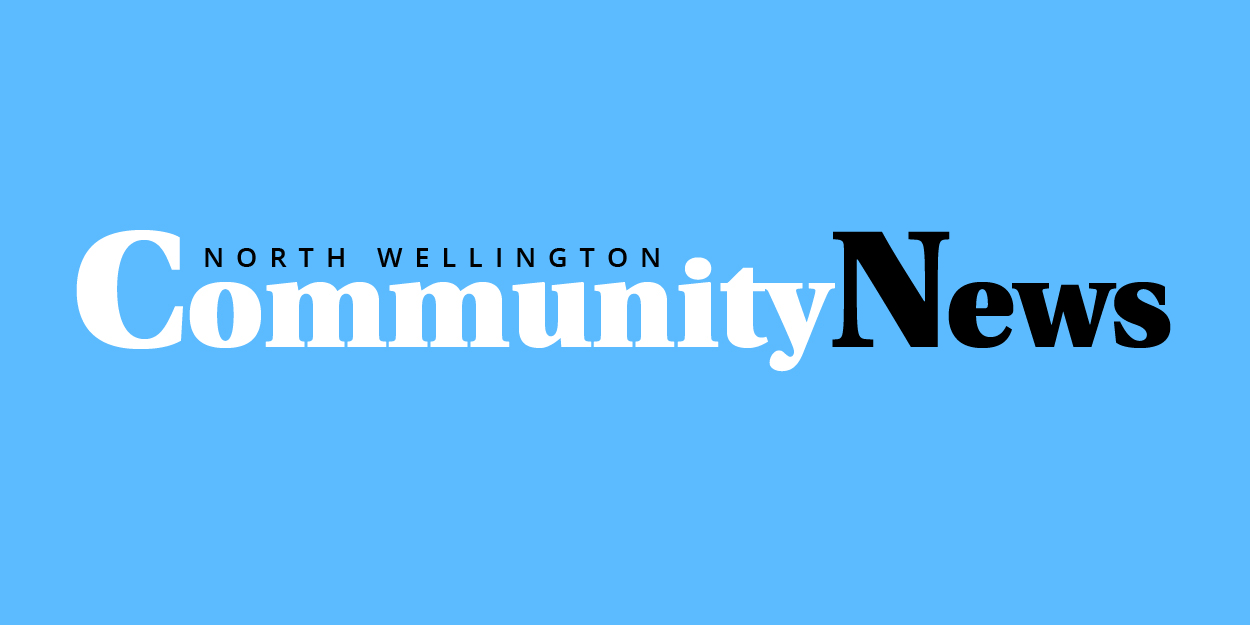National Nursing Week has special significance this year, as these front-line health care workers are now well into their second year of fighting against a deadly menace no one signed up to tackle.
Many nurses, along with physicians and other health care professionals, have been dealing with crisis level hospital occupancy levels, waves of critically ill patients and personal health risk for months now.
While the raw case numbers of COVID-19 in Ontario have begun trending down in the past few weeks since stricter lockdown measures were imposed, relief has not arrived in the hardest hit hospitals. Monday’s numbers (May 10) showed more than 750 patients with the virus populating ICU beds across the province. The critical threshold of 350 ICU patients presented long ago as the benchmark past which our hospital system would be overwhelmed is barely visible in the rear-view mirror.
Nurses and others who staff our hospitals and clinics are used to being called heroes for their efforts through these unprecedented times … Some have embraced the designation for the spirit intended while others have expressed the sentiment the best thing the rest of us can do for them is do what it takes to end, not prolong, the pandemic.
Right now, that means two things.
Sometime before May 20, when the current stay-at-home order is set to expire, the provincial government will have to make a call on whether or not to ease restrictions. Presently, Ontario’s situation mirrors the province’s predicament in February, when the governing Conservatives elected to open things up in response to a moderate decrease in case numbers. At the same time, health care professionals were warning that lifting measures would result in a devastating third wave of infections.
Not hard to see whose crystal ball was clearer there.
Currently, the government is signaling it won’t make the same mistake this spring. On Monday, the Chief Medical Officer of Health Dr. David Williams indicated restrictions should stay in place until daily new case counts fall “well below” 1,000 consistently. If they stick to that metric, it could help avoid the unimaginable repercussions of a fourth wave.
So the elected officials must do their job responsibly. However, so should the rest of us.
The public’s role in this is pretty simple, following masking and physical distancing guidelines and get vaccinated as soon as possible. A population-wide vaccination level that leaves the virus unable to find enough hosts to keep spreading is the only way this ends with a return to something resembling pre-pandemic life.
While some degree of vaccine hesitancy can be understood given the novel nature of the situation, refusal to get informed through legitimate channels about the true risk/reward realties of vaccination is not.
Anyone relying on information gleaned through social media contacts might be interested in the results of a new Ryerson University study analyzing the role of private messaging in Canada, including user exposure to disinformation, hate speech and spam.
Their report, Private Messages, Public Harms, released May 11, used results from a representative survey conducted in March 2021 of 2,500 people in Canada and found that:
– 46% report receiving private messages that they suspect are false at least monthly; and
– 39% report receiving private messages that they initially believe to be true, but later find out are false, at least monthly.
Sadly, 21% said they rely on private messages for news.
Significantly, those who believe in COVID-19 conspiracy theories are significantly more likely to regularly receive news through WhatsApp and Facebook Messenger and unfortunately, a majority have a high degree of trust in news that they receive through messaging apps.
Combined with the amount of misinformation shared on the poorly-named “newsfeeds” of social media platforms, the amount of completely baseless nonsense in circulation is frightening.
There is plenty of genuine information available through traditional media, in print, online and over the airwaves. It’s just a matter of opening a newspaper with an open mind or tuning into well-researched programs.
For information straight from the people who literally earn their living protecting public health, go to wdgpublichealth.ca and check out a section titled “Answers to your COVID-19 vaccination questions.”
Your health care heroes could use your help here.




